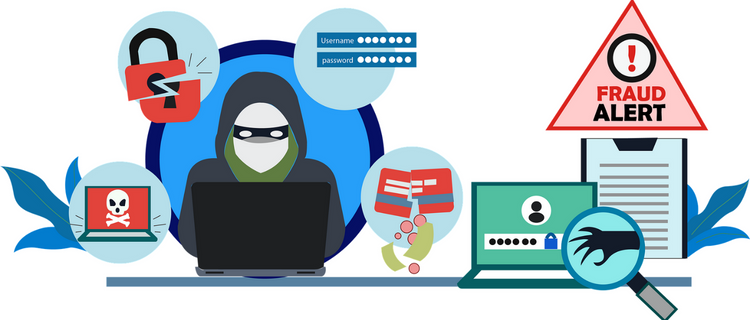
How Frauds Work and How To Avoid Being a Victim
If you are stung and become a victim of fraud, the perpetrators won’t be as nice as Paul Newman and Robert Redford, and you’ll probably never get your money back.
This is a shocking story that sadly I frequently hear from peers within my industry.
Out of the blue, a client told her IFA that she had decided to encash all her investments of roughly £450,000 held mostly within an offshore bond. She said she had no plans for the funds.
She had ample cash reserves without encashing them, and the investments she proposed encashing were providing her with a £2,000 monthly income.
The adviser highlighted that encashing her investments would create a tax liability and requested the provider’s transaction history to calculate this.
The client however emailed the adviser insisting that she did not want to wait for an updated cashflow plan or tax calculations before the withdrawal as she had made her mind up.
The adviser in question was deeply concerned that she was in such a mad rush to encash her investment seemingly regardless of the unfavourable tax consequences, which potentially created numerous regulatory issues, so he raised this concern with his colleagues to discuss the situation.
Potential fraud was flagged as a major concern and the adviser made the pertinent enquiries.
It turned out that the client WAS a victim of fraud. The fraudsters:
- Cold-called her pretending to be “an investigator from the FCA and her bank” saying that someone had tried to buy airline tickets with her account and claiming that someone had also tried to set up internet banking on her account.
- Installed Team Viewer on her laptop.
- Opened a Revolut account in her name.
- Registered her for internet banking.
- Told her that someone was trying to access her investments fraudulently and that she needed to encash them asap to her bank account, to which they had access.
- Told her not to involve her IFA as it would “jeopardise [their] investigation.”
Thankfully, due to her adviser’s diligence, the fraud was prevented. The lessons from this are:
- Never allow cold-callers to install anything on your PC.
- Never believe anyone who calls saying that your accounts have been compromised in any way. Check with your bank, preferably by visiting it in person or by calling the number on your debit or credit card.
- Never trust anyone who tells you not to talk to your family, friends, or advisers about the supposed ‘problem.’
If you don’t have an adviser, or you aren’t sure about your existing adviser for whatever reason, contact a new third-party adviser firm you’ve not dealt with before and seek their advice, but make sure they are registered with and regulated by the Financial Conduct Authority.
You will however need to engage with them properly, which should involve a thorough fact-find so that they can provide the appropriate advice. Don’t just expect them to do it over the phone if they’ve never dealt with you before.
This provides a classic example of how Independent Financial Advisers protect their clients.
Please be vigilant. If you are a victim of fraud, you will probably never get your money back.
If you are at all concerned, please contact us on 01825 76 33 66.
